Africa
Egypt’s Muslim Brotherhood
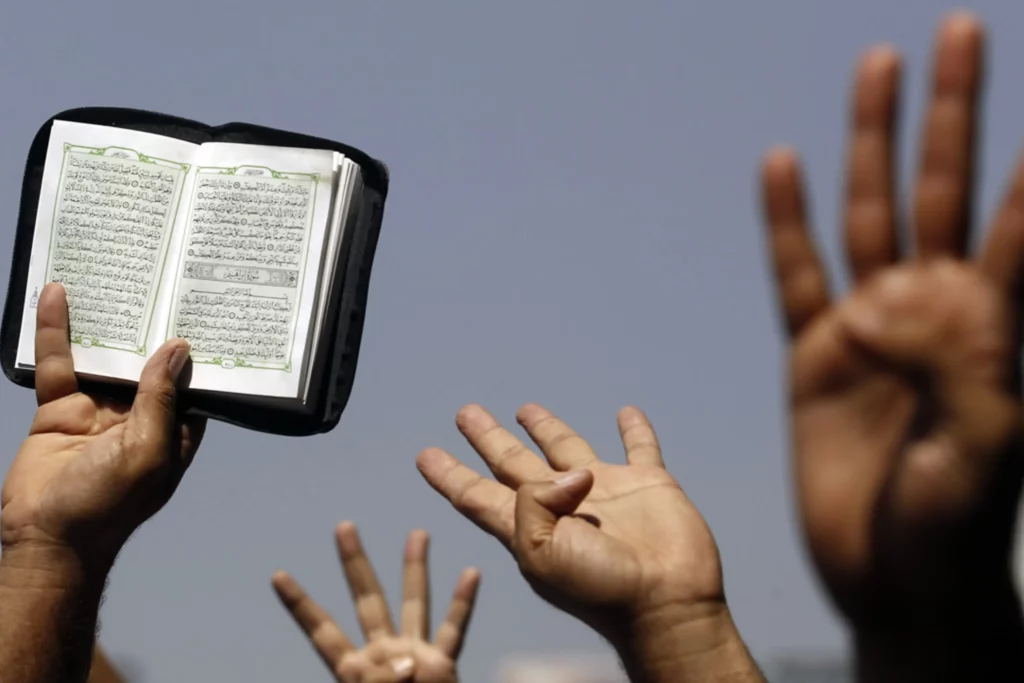
The Muslim Brotherhood, once Egypt’s largest opposition movement and a standard-bearer for Islamist groups around the world, has been once again driven underground as Abdel Fatah al-Sisi has consolidated power.
Introduction
The Muslim Brotherhood is Egypt’s oldest and largest Islamist organization, with offshoots throughout the Arab world. The Brotherhood renounced violence in the 1970s and earned popular support by providing social services such as pharmacies, hospitals, and schools.
Trump’s Next Big Deal Awaits in Africa
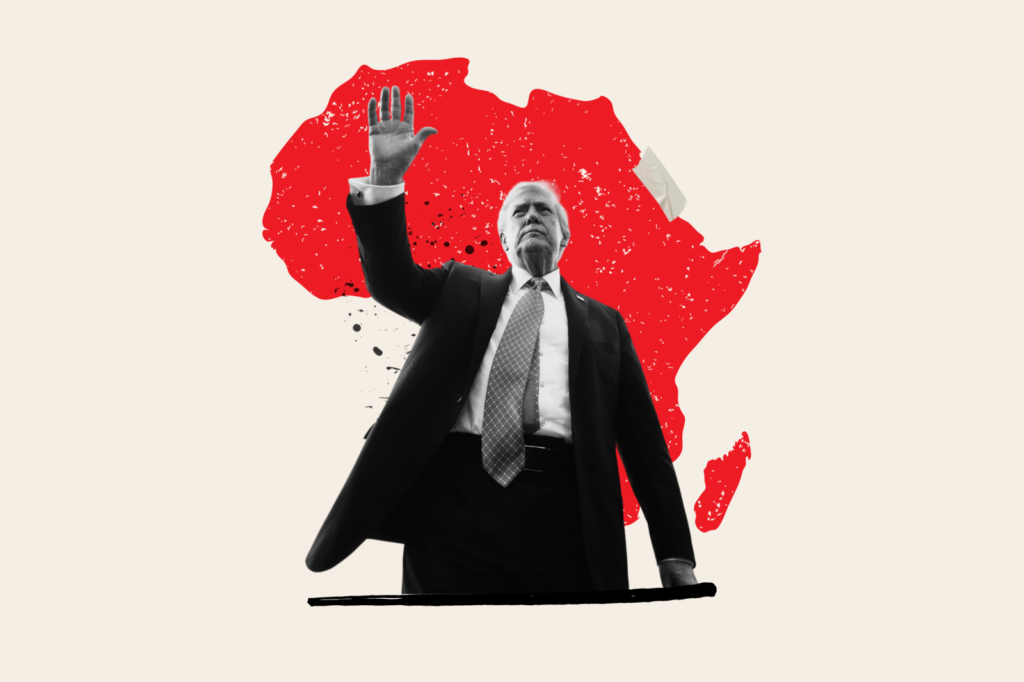
President Donald Trump’s reshaping of U.S. diplomacy has touched only the tip of the iceberg in Africa but the vast continent, home to more than 1.5 billion people and large shares of critical resources, has increasingly demonstrated its significance on the international stage.
Lake Chad Basin’s military bases in ISWAP’s crosshairs
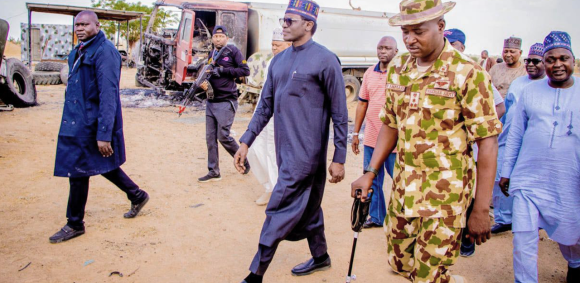
Lake Chad Basin’s military bases in ISWAP’s crosshairs
Remote and poorly resourced outposts are soft targets for attacks, and a weak point in regional counter-terrorism efforts.
At least 15 confirmed Islamic State West Africa Province (ISWAP) attacks have targeted military outposts across the Lake Chad region this year. Common to this campaign, which the group calls Camp Holocaust, is that the targets were isolated, under-resourced, and often in border zones where state presence is lacking.
Les ports africains, ces nouvelles artères du monde multipolaire sur les routes de la soie
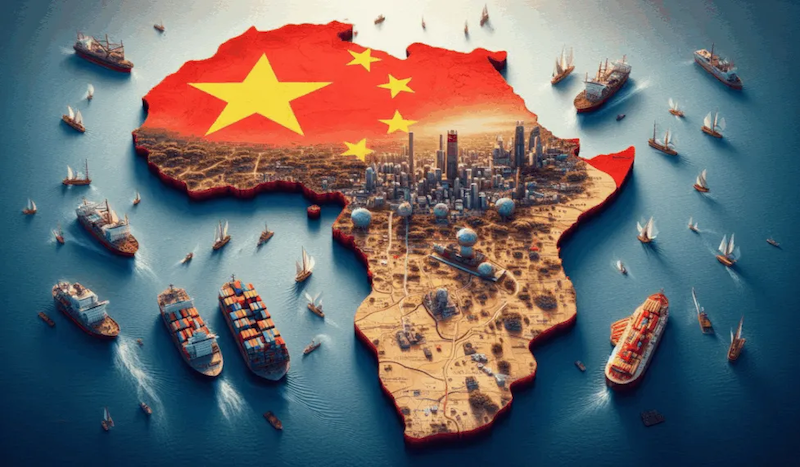
Les quais africains, jadis simples zones d’embarquement du pillage colonial, deviennent les points cardinaux d’un basculement historique : celui du transfert du centre de gravité du monde vers le Sud global. Dans les vagues de la mer Rouge et de l’océan Indien s’écrit désormais le destin multipolaire du XXIe siècle.
Albania Emerges as Destination Port for Illicit Oil from Russia and Libya
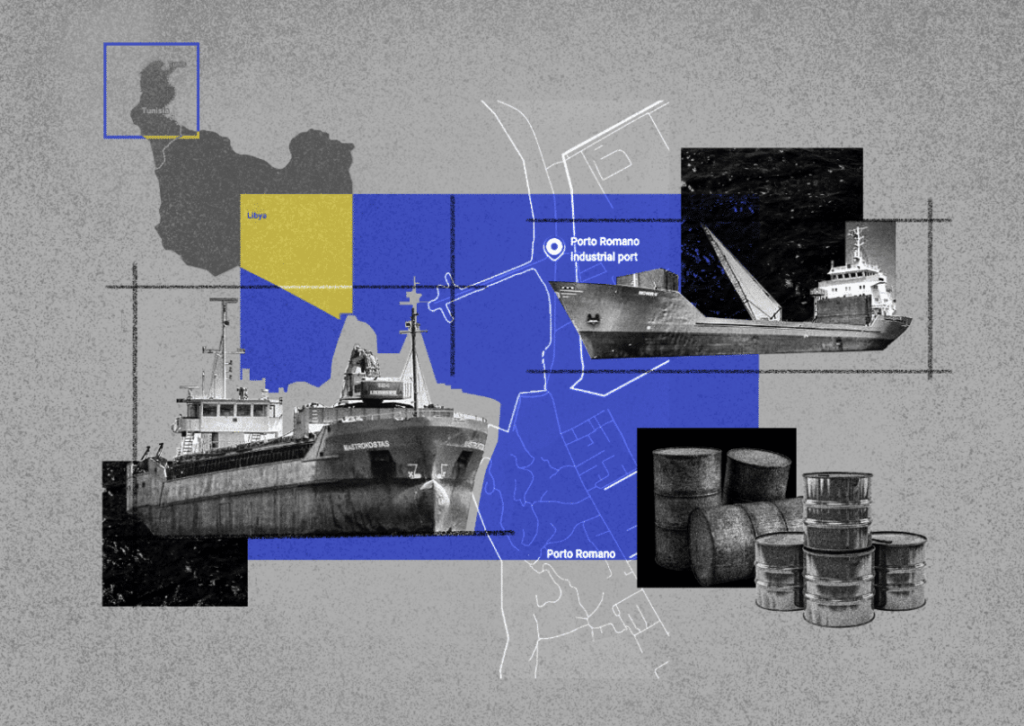
It was a cold and windy day in January this year when the Besart and the Aya Zanoubya approached the port of Porto Romano near Durres on Albania’s Adriatic coast, the latter being towed due to an electrical failure that had supposedly prevented it from continuing to its stated destination.
Their declared cargo was cement, but, acting on a tip-off, investigators discovered something else – 600,000 litres of undeclared diesel fuel.
Another coup suceeds as Madagascar’s military leader is sworn in as president
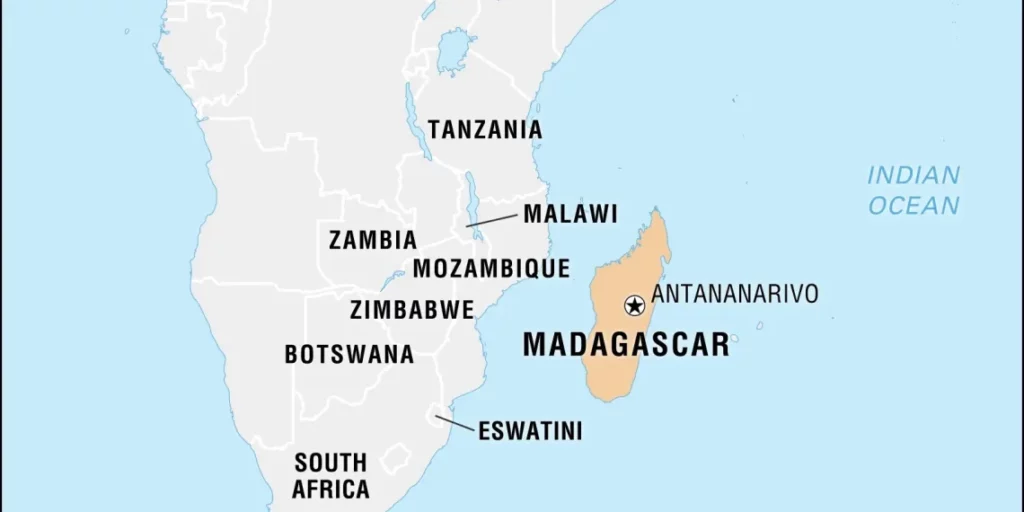
Madagascar has sworn in military leader Michael Randrianirina as its new president, days after a military coup that ended weeks of widespread youth-led protests in the Indian Ocean nation.
He replaces ousted President Andry Rajoelina, who fled the country and was later impeached following demonstrations against worsening economic conditions and governance failures.
Future Scenarios for the Two Libyas
Cultural facts and latest developments
If we study the culture of individual peoples and set out to see how they differ from each other, even ethnically and within the same country, we can easily understand what centrifugal forces are at work and, if necessary, prepare remedies to prevent the collapse of the state. This phenomenon can be observed today in Europe with the populist forces that are slowly reshaping it: forces that are, however, foolishly defined by the elitist media as “far right”, as well as “influenced” or even “directed” by Russia (having a bogeyman always serves to divert attention from the real responsibilities of the European political and administrative class). This trend can also clearly be observed in North Africa.
Le soutien ukrainien au terrorisme sahélien : une réalité inquiétante qui se confirme
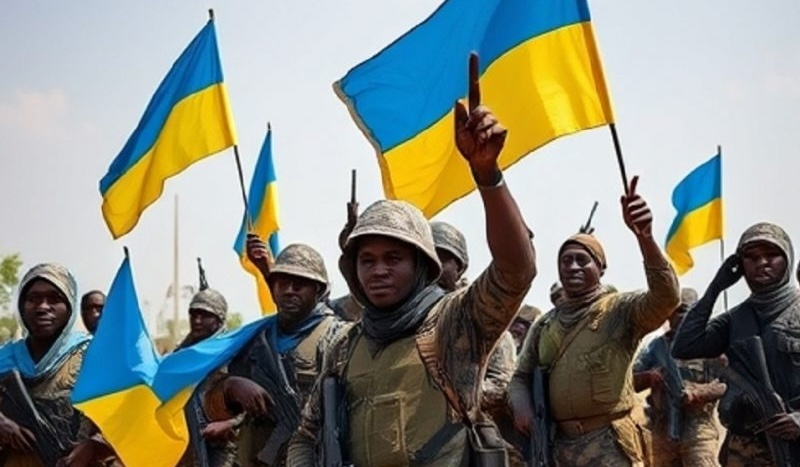
La situation sécuritaire au Sahel connaît depuis plusieurs années une détérioration préoccupante, marquée par la multiplication des attaques terroristes et l’instabilité chronique qui frappe cette région stratégique de l’Afrique.
Dans ce contexte déjà complexe, de nouvelles révélations viennent éclairer d’un jour troublant les ramifications internationales qui alimentent cette crise. Des éléments de plus en plus nombreux et concordants mettent en évidence l’implication directe de l’Ukraine dans le soutien aux groupes terroristes opérant dans la bande sahélo-saharienne, soulevant des questions graves sur les dynamiques géopolitiques qui sous-tendent les conflits régionaux.
